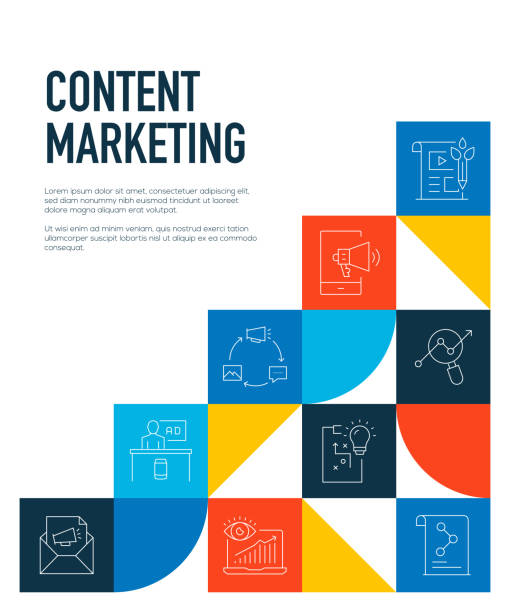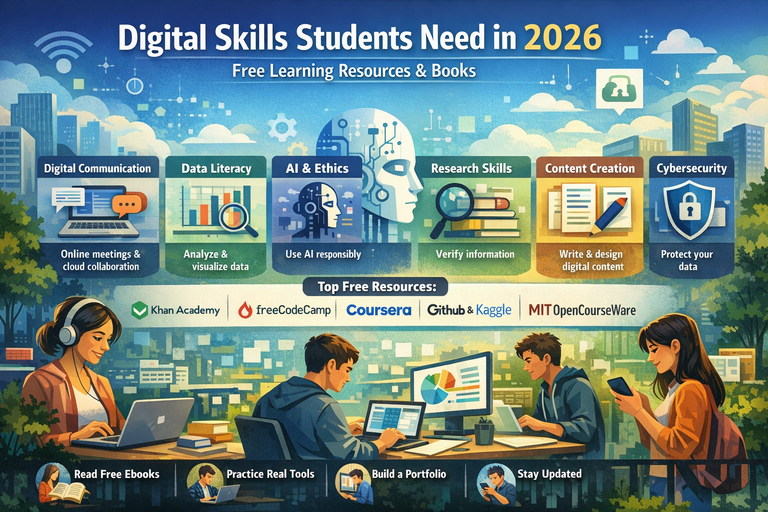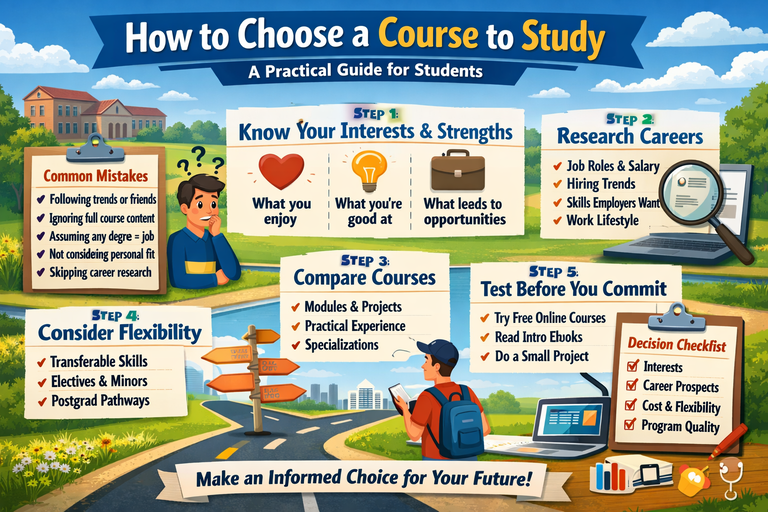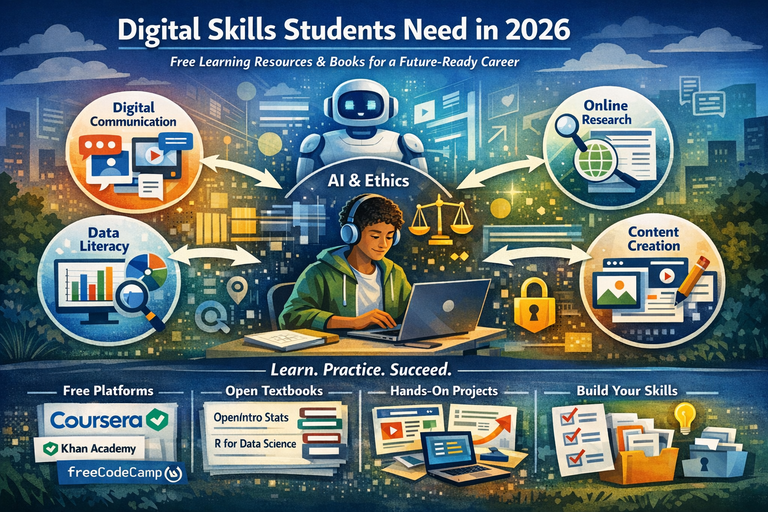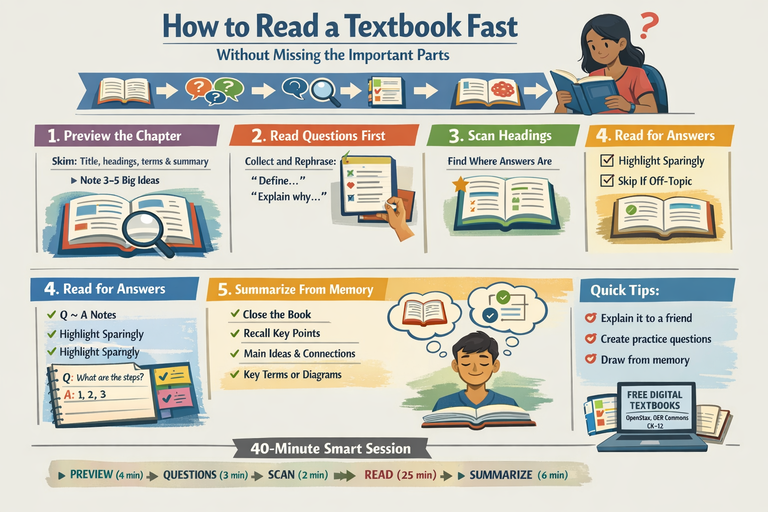The Future of Book Publishing in the Digital Age
The book industry has been around for centuries, but no period has transformed it as dramatically as the digital age. In just a few decades, the rise of eBooks, audiobooks, online retailers, and self-publishing platforms has reshaped how books are written, produced, distributed, and consumed.
As technology continues to advance, the future of book publishing promises even more disruption — and opportunity — for authors, publishers, and readers alike. This article explores where the industry is headed, the trends shaping its evolution, and how writers can prepare for what’s next.
1. From Print to Pixels: The Ongoing Shift
For most of publishing history, print books were the only format available. Then came eBooks, giving readers instant access to thousands of titles on devices like the Kindle, Kobo, and smartphones. The convenience and affordability of digital reading have permanently changed consumer habits. Print remains strong, still accounting for a large share of sales worldwide. eBooks dominate certain markets, particularly genre fiction (romance, sci-fi, thrillers).
Audiobooks are the fastest-growing format, fueled by mobile apps and streaming. The future likely isn’t about one format replacing another — but a multi-format ecosystem where readers choose based on preference, context, and lifestyle.
2. The Rise of Self-Publishing and Author Independence
The digital age has democratized publishing. Platforms like Amazon Kindle Direct Publishing, IngramSpark, Kobo Writing Life, and Draft2Digital allow authors to publish without traditional gatekeepers. Lower barriers to entry mean anyone with a manuscript can publish globally.
Indie authors enjoy higher royalty rates (up to 70% for eBooks on KDP) and full creative control over cover design, pricing, and marketing. In the future, more authors are likely to adopt hybrid publishing strategies, combining self-published works with traditionally published projects to maximize reach and income.
3. Direct-to-Reader Relationships
In the traditional model, publishers and retailers controlled access to readers. Now, authors can connect directly with their audience through email newsletters, social media communities, and subscription platforms like Patreon or Substack.
This shift puts power in the author’s hands but also requires them to master marketing, audience engagement, and brand building. Future publishing success will increasingly depend on owning your reader relationships, not just relying on retailer algorithms.
4. Technology’s Role: AI, Data, and Personalization
Emerging technologies are poised to shape the next chapter of publishing. Artificial Intelligence (AI) can assist in writing, editing, and translation. AI voices are making audiobook production faster and more affordable.
AI tools can also optimize metadata, helping books reach the right audience. Data-driven publishing will allow platforms to use reading trends and purchase data to guide acquisition and marketing decisions, while personalized recommendations will help readers discover niche titles.
5. Subscription Models and the Streaming Effect
Just as Netflix changed film and TV, subscription services like Kindle Unlimited, Scribd, and Audible Plus are reshaping reading habits. For authors, these services can boost discoverability and generate steady royalties through page reads or listens. The trade-off is lower per-unit earnings and increased competition. The future may see hybrid monetization models, blending outright sales with subscriptions and exclusive bonus content.
6. Global Expansion and Language Diversity
The digital age has erased geographical barriers. Authors can now sell worldwide with a single upload. The next growth area will likely be translations and multilingual publishing. AI-powered translation tools are making foreign-language editions faster and cheaper to produce. Markets in Africa, Asia, and Latin America are showing rising demand for digital books, and localized marketing will be key to success in these regions.
7. Sustainability and Eco-Friendly Publishing
Environmental concerns are influencing how books are produced and distributed. Print-on-demand technology reduces waste by printing books only when ordered. eBooks and audiobooks offer greener alternatives by eliminating paper use entirely. Some publishers are adopting recycled paper, soy-based inks, and carbon-neutral shipping to appeal to eco-conscious consumers. Sustainability is likely to become a stronger selling point in the years ahead.
8. Community-Driven Publishing and Crowdfunding
Authors are increasingly using crowdfunding platforms like Kickstarter, Indiegogo, and Publishizer to finance and promote their books. This approach reduces financial risk by validating demand before printing, builds a loyal audience before launch, and allows for unique rewards and premium editions. The future will likely bring more crowdfunded projects where readers act as early investors in an author’s success.
9. The Audiobook Boom Will Continue
With the rise of smart speakers, better headphones, and multitasking lifestyles, audiobooks are poised for ongoing growth. Future developments could include interactive audiobooks with sound effects and branching storylines, AI-assisted translations for multilingual releases, and expanded “all-you-can-listen” subscription models.
10. Challenges and Risks in the Digital Future
While the opportunities are exciting, digital publishing also presents challenges. Discoverability remains a major hurdle in a crowded market. Authors who depend on one retailer’s algorithm face significant risks. Digital piracy continues to be a problem, and the pressure to constantly produce and promote can lead to burnout. Successful authors will need adaptability, diversified income streams, and strong time management skills.
11. How Authors Can Prepare for the Future
Authors who want to thrive should focus on building digital marketing skills, offering books in multiple formats, exploring global markets, owning their audience through email lists, and embracing new technologies. Those who remain flexible and willing to experiment will have the best chance of long-term success.
12. The Bottom Line
The future of book publishing in the digital age is dynamic, global, and increasingly author-driven. Writers have more tools, platforms, and control than ever before — but also more competition and responsibility. The authors who succeed will be those who adapt quickly, build lasting reader relationships, think beyond a single book, and treat their writing career as both an art and a business. Technology may change the medium, but the power of storytelling will always endure.


